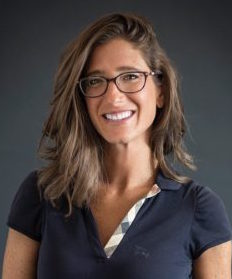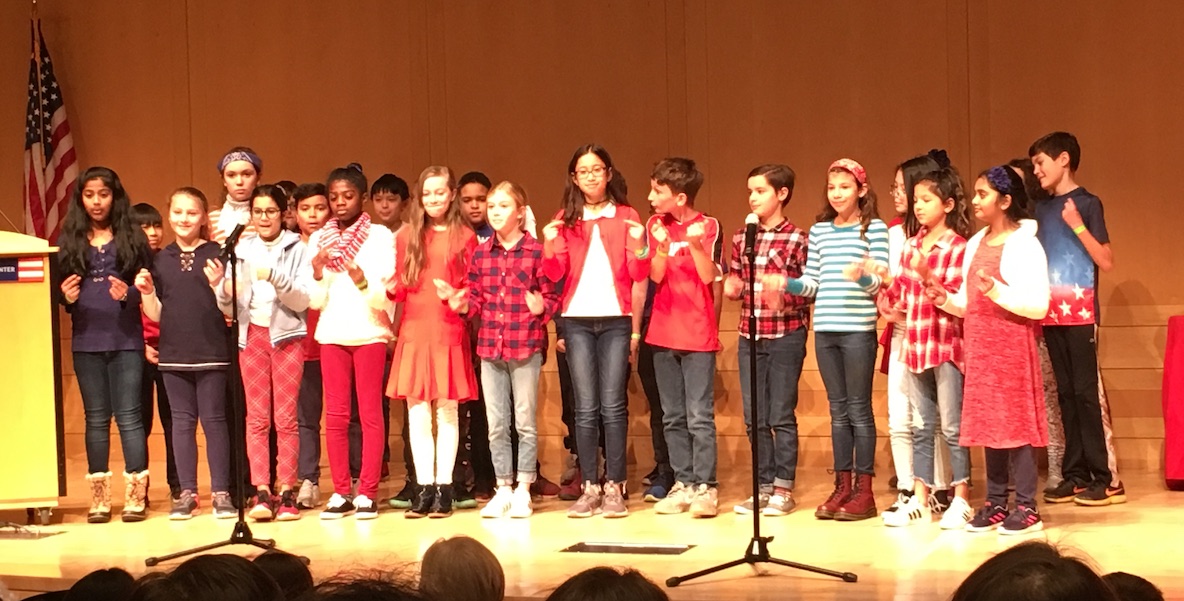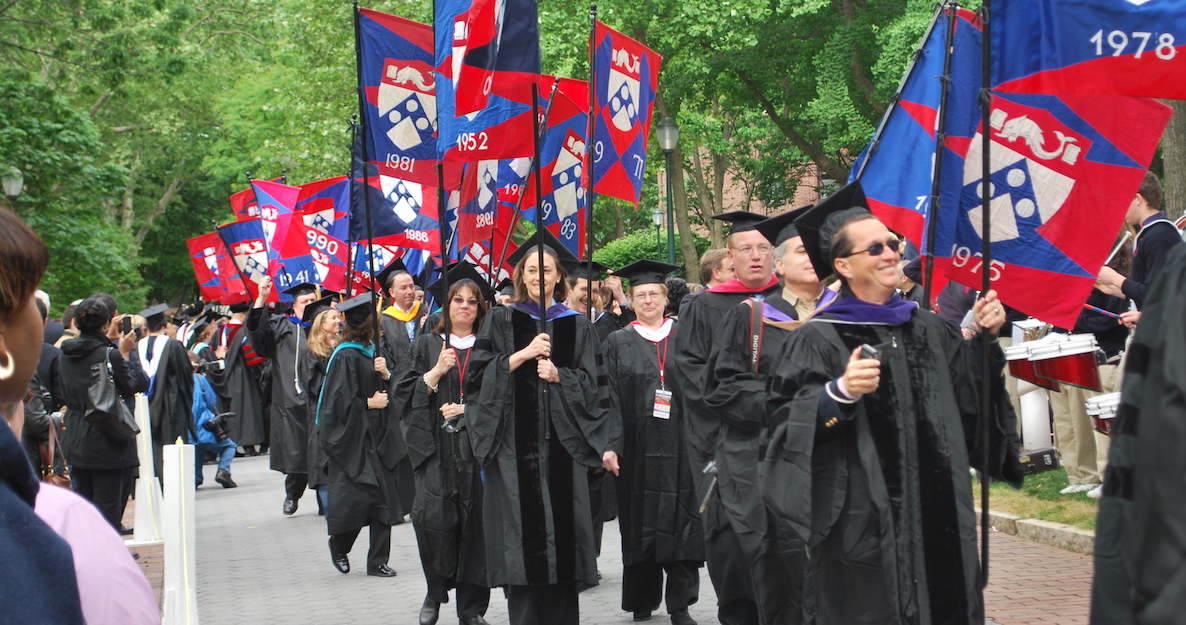Perhaps the best way to picture Stephanie Sena’s planned village of small homes for the homeless in Philly is by putting aside for a moment the homes themselves. Yes, as has been reported in philly.com and elsewhere, it could be an innovative way to get fewer people sleeping outdoors at night; yes, as Sena has said, they will be “gorgeous little houses”; yes, they will be affordable. But as Sena, a Queen Village resident who is an adjunct professor at Villanova University, says: “This is not just about housing.”

Instead, it’s the other parts of her proposed village that are the heart of what Sena is doing. On a 1 to 1.5 acre lot, 14 to 30 houses will fan out from a community center for shared meals, jobs and social services, pet supplies, and pop-up health clinics for the whole neighborhood. It will hold a community garden that can feed the residents, and their neighbors, and a theater project that can turn residents’ shared experiences into healing art.
“This is about community,” Sena says. “Because community, in addition to a way to live affordably, is what people need.”
Sena, who founded the Student-Run Emergency Housing Unit of Philadelphia (SREHUP) with a group of students in 2011, gleefully admits that she did not come up with this idea, though it is new to Philadelphia. Her project is based on small home villages around the country and world that she has visited—from Eugene, Oregon, to Edinboro, Scotland—and from whom she has taken lessons, borrowed planning documents, studied what works and what doesn’t. She herself is part of a community, of problem-solvers, trading best practices for best outcomes. “All we’re doing is stealing other people’s ideas,” she notes.
What all the villages Sena has visited have in common is a notion that is often missing in the conversations about getting people off the street. A roof and a bed are sometimes enough for a night; and the Housing First model, which puts people into homes and then offers them services, works for some. But for many, homelessness provides its own community, something that gets lost in the transition from street to private apartment. This is something villages of small houses most directly address. A City Lab article this fall about Austin’s Community First! Village—which Sena plans to visit this winter—mentions a mantra that seems common to all of them: “Housing will never cure homelessness, but community will.”

SREHUP’s as-yet-unnamed project will be tiered, like the ones Sena visited in Oregon: In the first tier, homeless vets, women, families and their pets will be chosen for their ability and willingness to be part of a community—something other operators have said is critical to success. They will get a free one to two bedroom home, and a plan for transitioning out in about a year. In the second tier, residents will pay a shallow rent, or get access to subsidized home ownership of their small house.
The third, perhaps more aspirational, tier is the one piece unique to Philly, where Sena says there are about six vacant homes for every homeless person. SREHUP hopes to develop a pipeline of these houses, which residents who are able can help to rehab and move into, while learning construction and other job skills that can help them find steady employment—similar to what Habitat for Humanity and other similar groups do. (Sena says she is starting to talk with Habitat about partnering.)
“This is about community,” Sena says. “Because community, in addition to a way to live affordably, is what people need.”
The goal goes beyond taking people off the street. It’s about utilizing what Philly has, for the sake of Philadelphians: Empty lots are blights on neighborhoods; filling them with small houses, a garden and a community hub could benefit the whole area. Repurposing old housing stock can raise property values and decrease crime throughout a neighborhood—while providing much needed housing in a city where even rents are rising precipitously. “I really see this as a way of increasing affordable housing for every Philadelphian,” Sena says.
Keep up with SREHUPDo Something
Sena knows how she looks to people who don’t know her: A middle class white woman, who lives in upscale Queen Village, and teaches history on the Main Line. But she describes her life as really just one level removed from that of her clients: She lives with her two children in a one-bedroom apartment, where she says they share the bed and sometimes struggle to pay the electric bill. A series of illnesses have led to parts of her foot being amputated, so she understands what it is to navigate the city with a disability. She lives her mission, often opening up her home for dinners with former clients, and engaging skeptics in the most direct way: Through conversation and through listening.
articles by Roxanne Patel Shepelavy Read More
“There are two types of NIMBYism I’ve seen,” Sena says. “There are those who are anti-poor/anti-homeless. I fight this attitude by teaching students through SREHUP, which is service learning. The other is from those who are poor, and have a distrust of nonprofits that come in with big promises and don’t fulfill them. I engage with that, encourage people to come to board meetings, so we get to know each other and can get things done together.”
Still, SREHUP has not always found a straight path. For several years, the group ran seasonal shelters operated by student volunteers in a church basement. Most of this year, Sena spent preparing to open the city’s first shelter for people with pets or disabilities. (The Citizen chronicled that work here.) That project fell through when neighbors of the building SREHUP was ready to lease objected to a shelter in their midst. The group has now pivoted to focusing on the small houses project, for which they are raising money.
The goal goes beyond taking people off the street. It’s about utilizing what Philly has, for the sake of Philadelphians: Empty lots are blights on neighborhoods; filling them with small houses, a garden and a community hub could benefit the whole area.
They got a boost this fall, when Councilman Alan Domb agreed to give SREHUP an interest-free, $75,000 loan to build a model home, called Infill, on Orleans Street in North Philly. Sena expects the house to be built and occupied by March or April, as a way to show interested funders what the homes will look like. She hopes to open the first village on an acre or so of land next fall, followed by another about a year later. (All the land is in Councilman Mark Squilla’s district, where Sena also lives, which he has some power to distribute.) The first full village, with the community piece built in, will be the real test for Sena’s vision—if she can get that far.
Sena has the support of area universities from where her student volunteers hail, something that brings benefit to her clients, who have been able to access, for example, some career services. Her village will extend that sort of ethos to the neighboring community, as well. Sena says she hopes to employ some local residents in building the houses, and that they will be invited to attend meals, performances, gardening events, pet services and social services on site. They will be part of the planning, and the education, of both volunteers and residents. They will be advocates for their own neighborhoods. That, Sena hopes—and has seen across the globe—will be the key to success.
“A huge part of this is about community engagement,” she says. “We are built on experience and we bring everyone under the umbrella. We want to be good neighbors. We are all in this together.”
Photo: Tanya Lukas via Flickr






